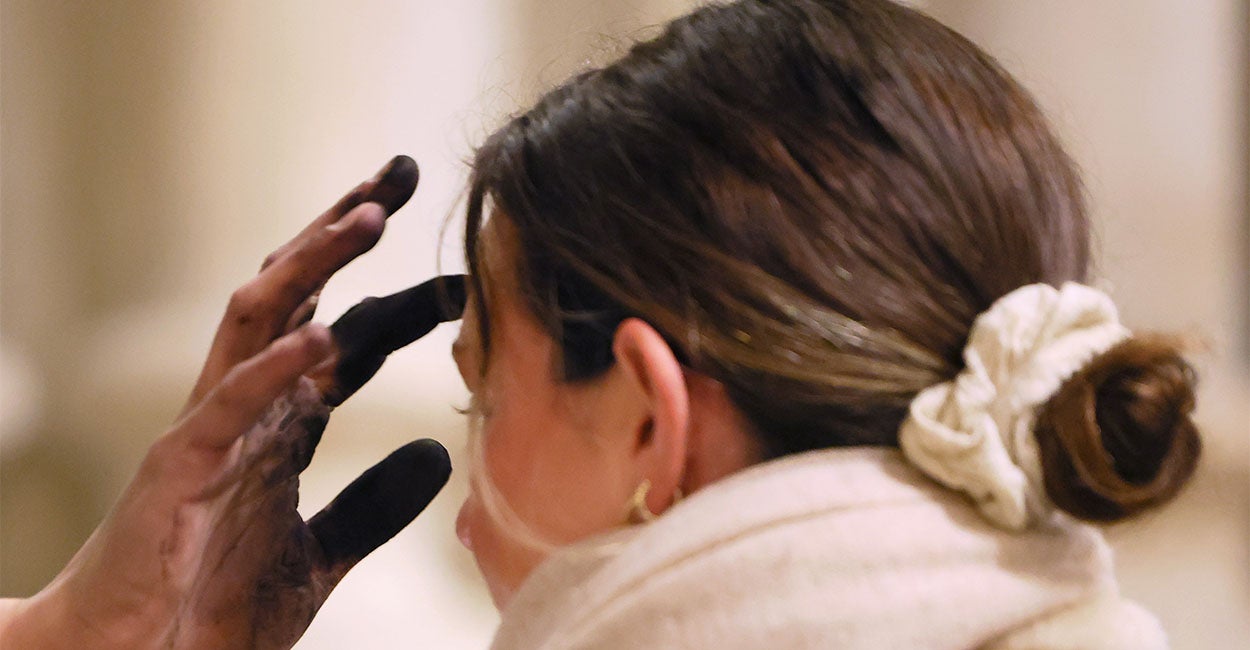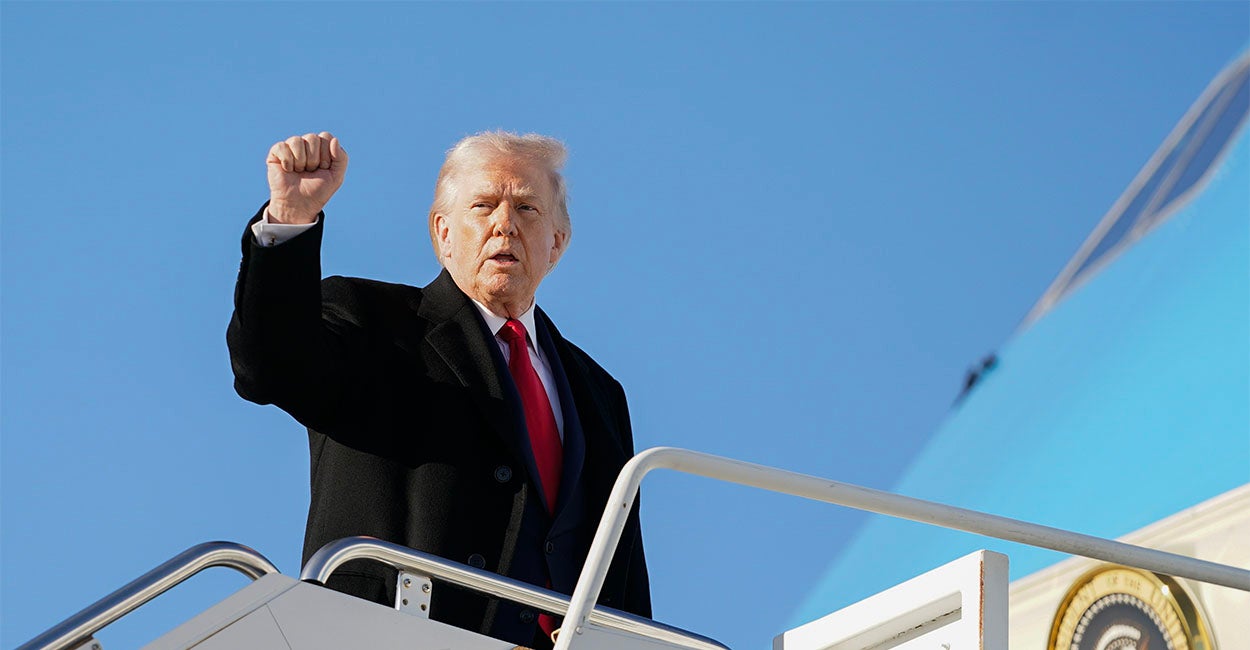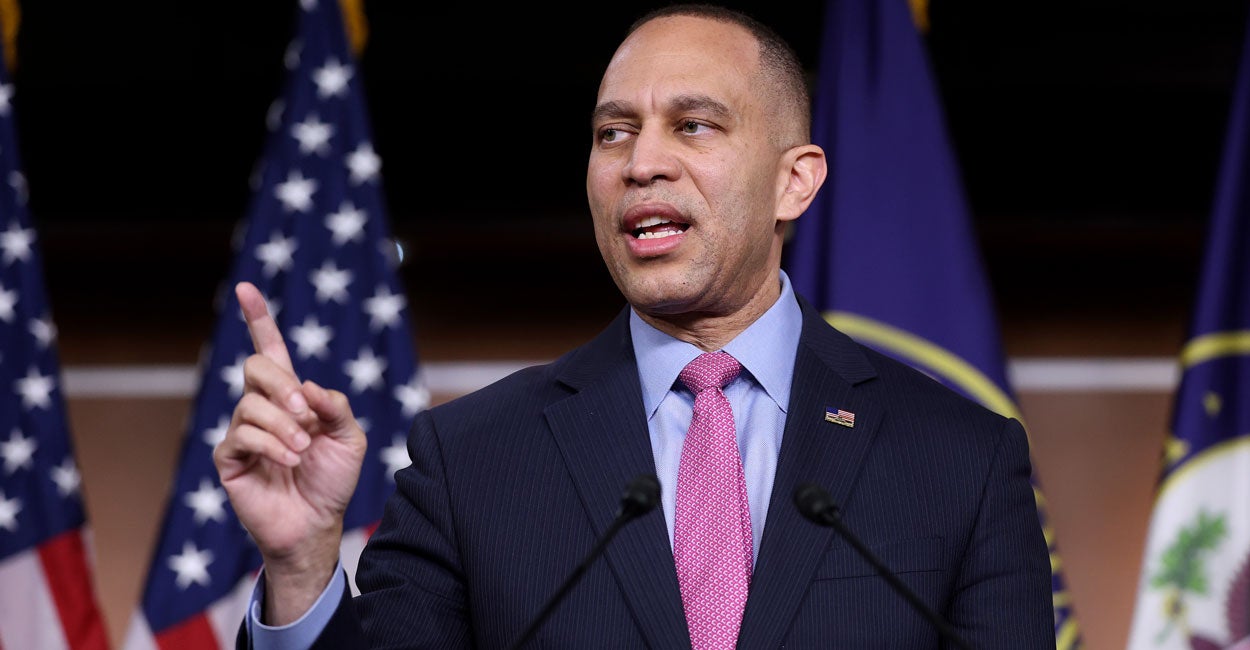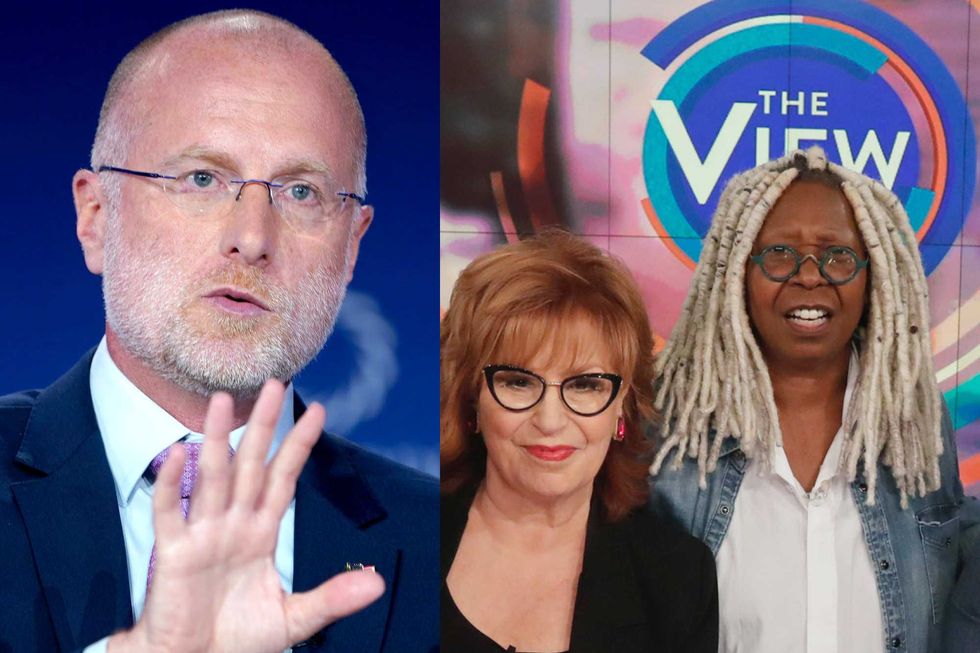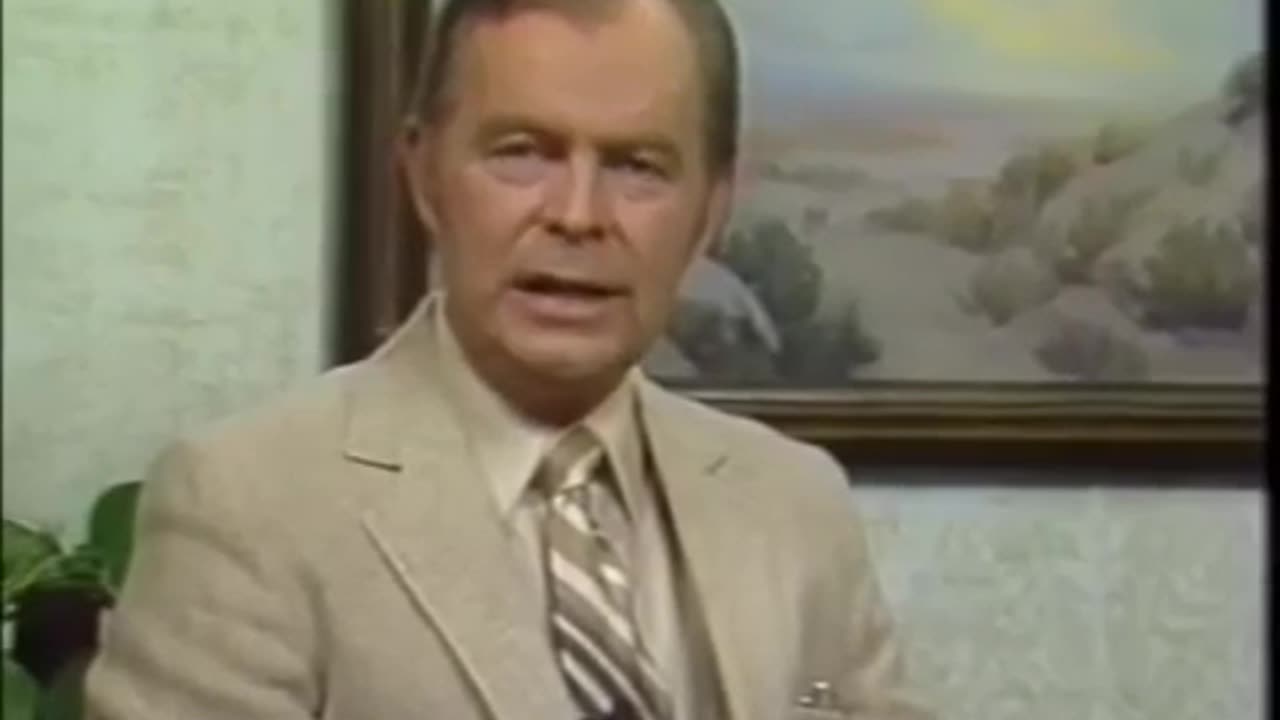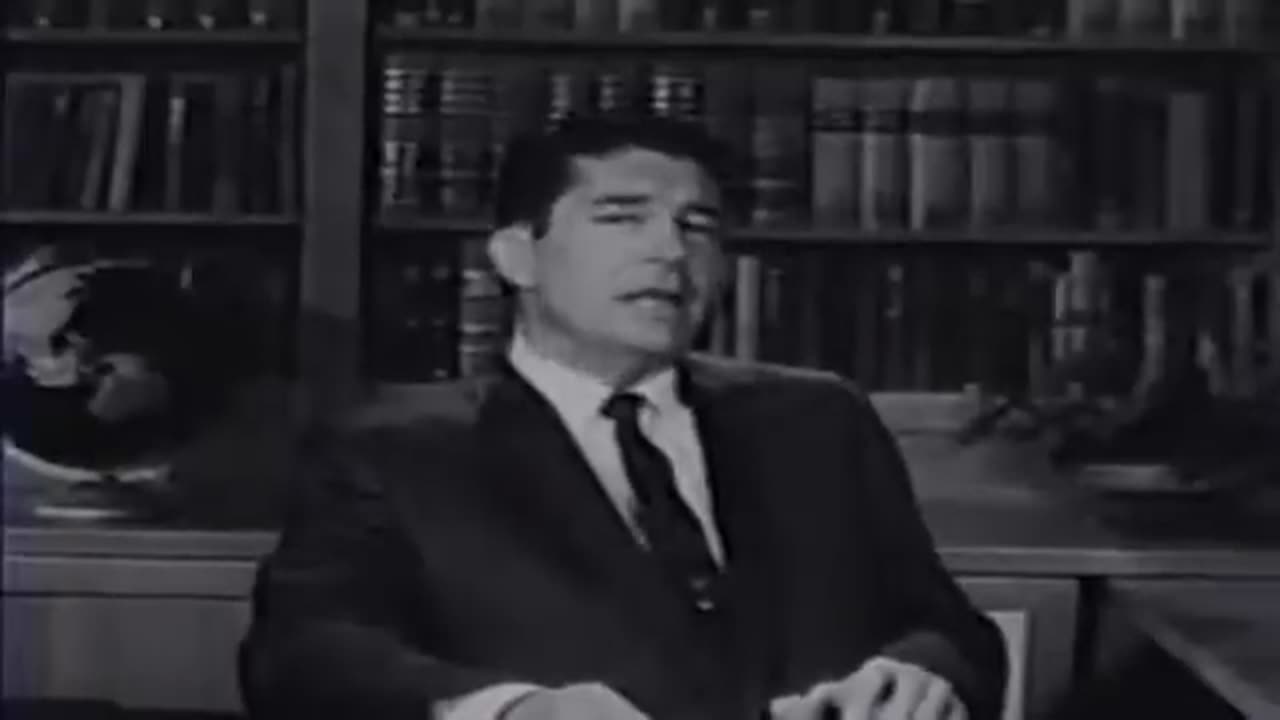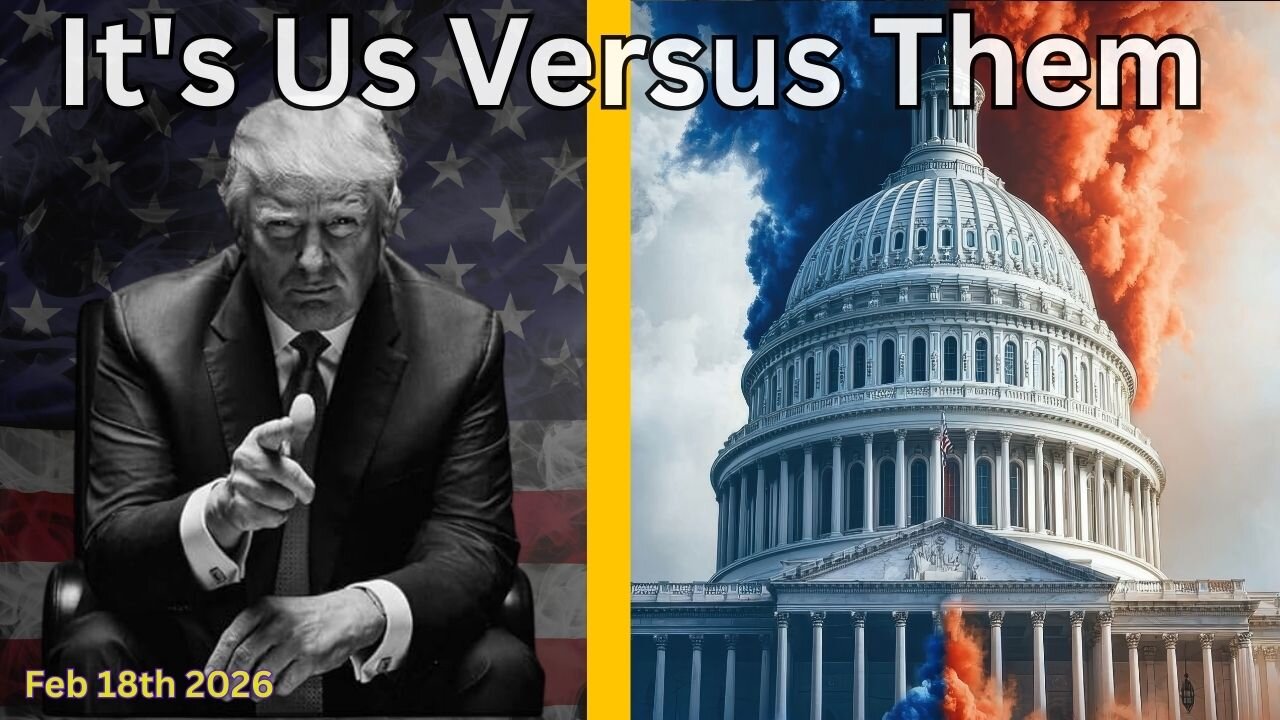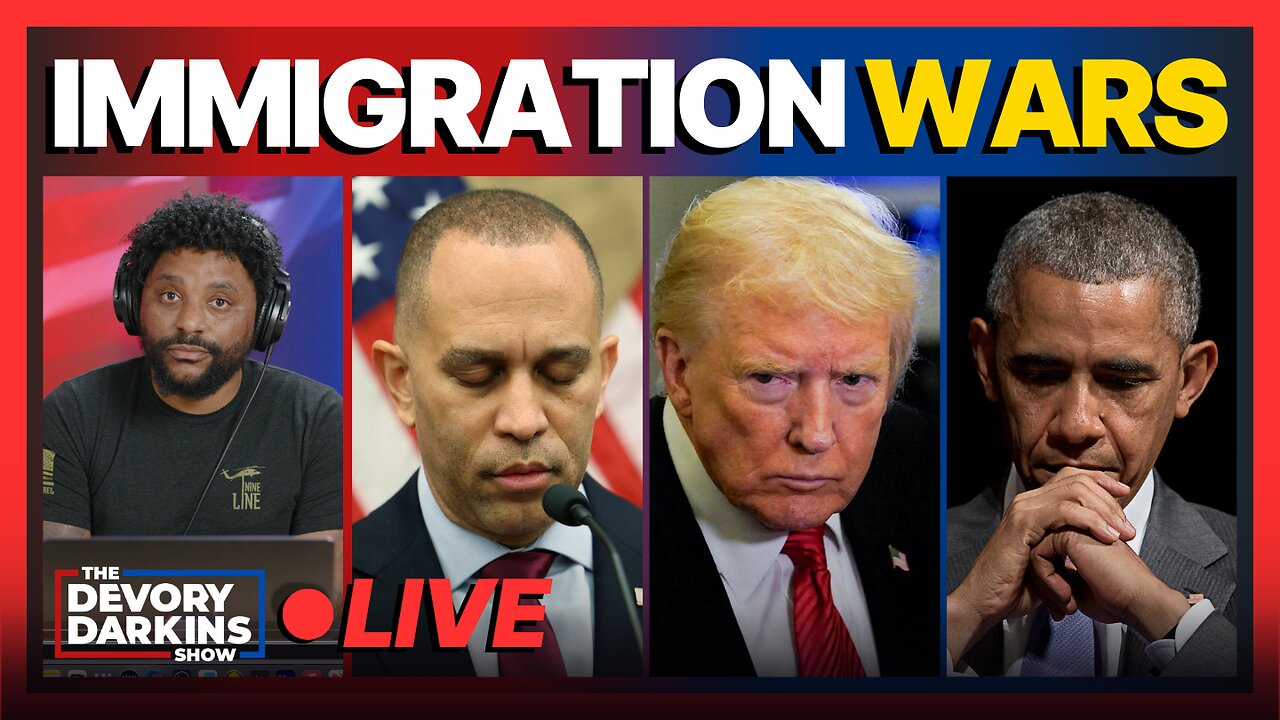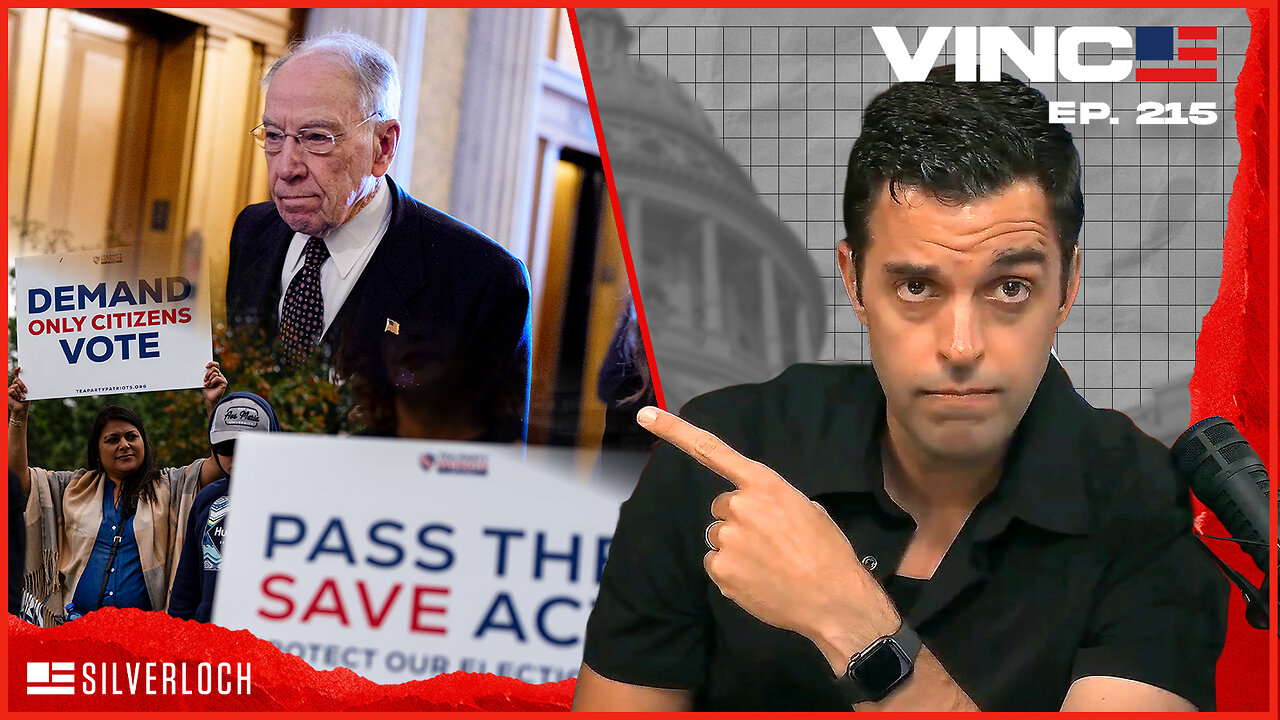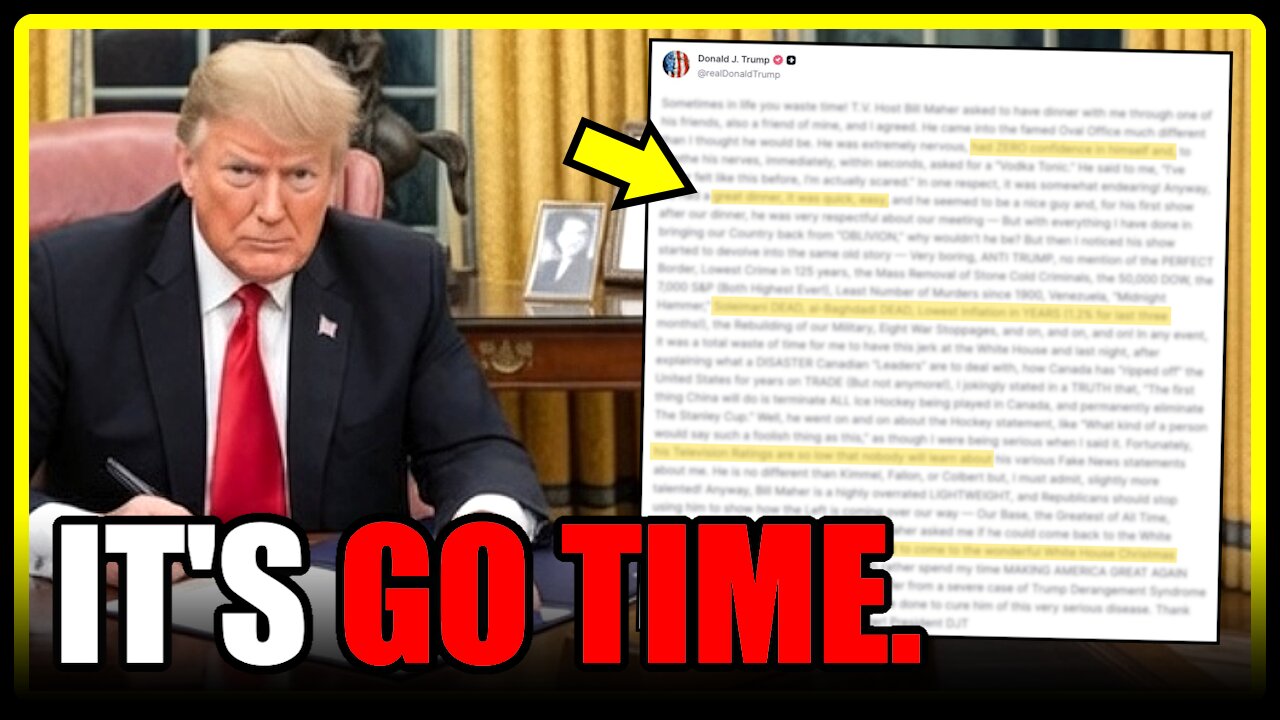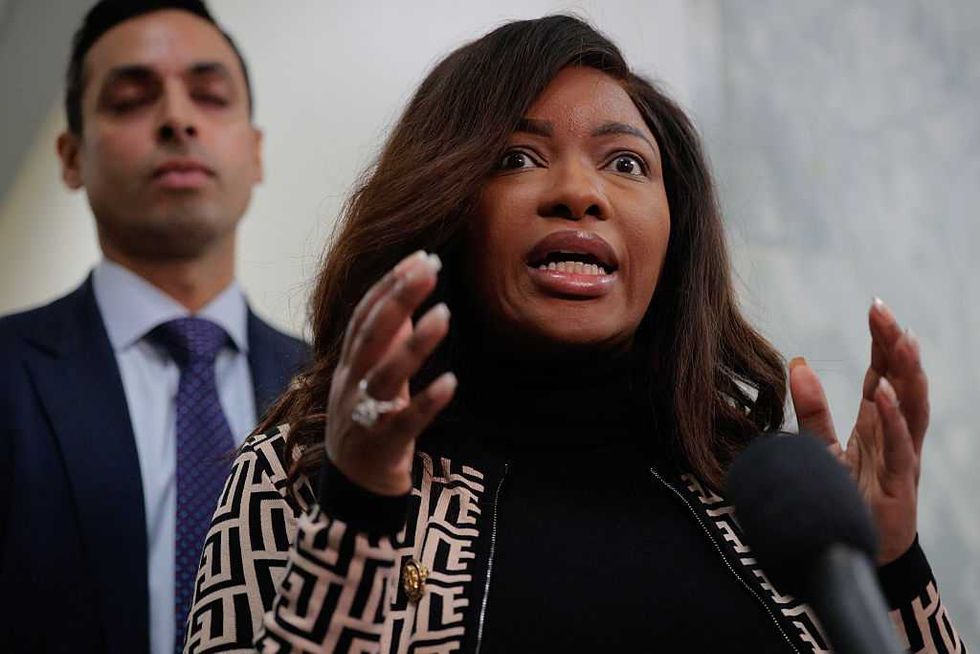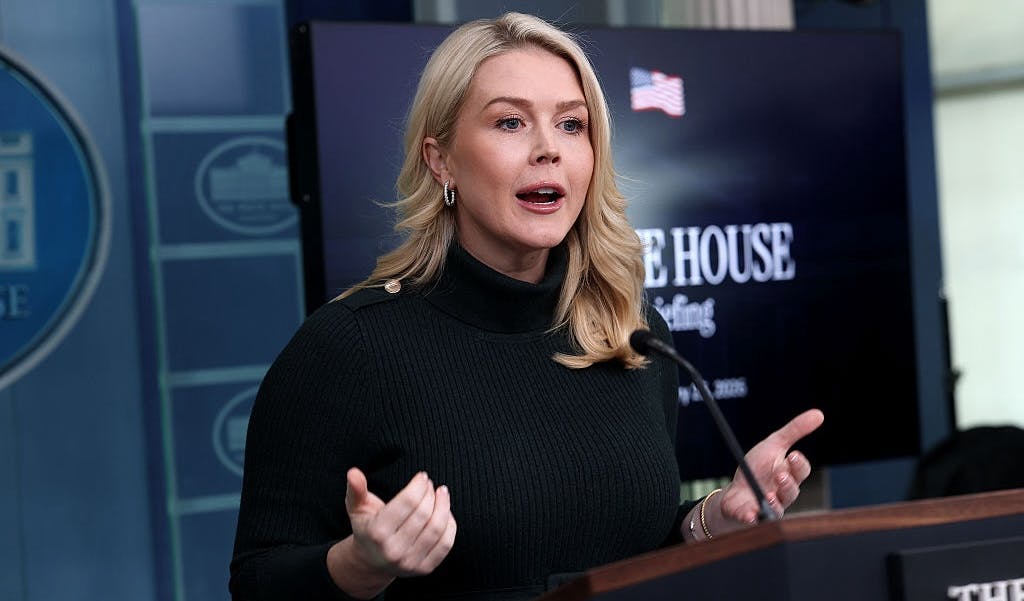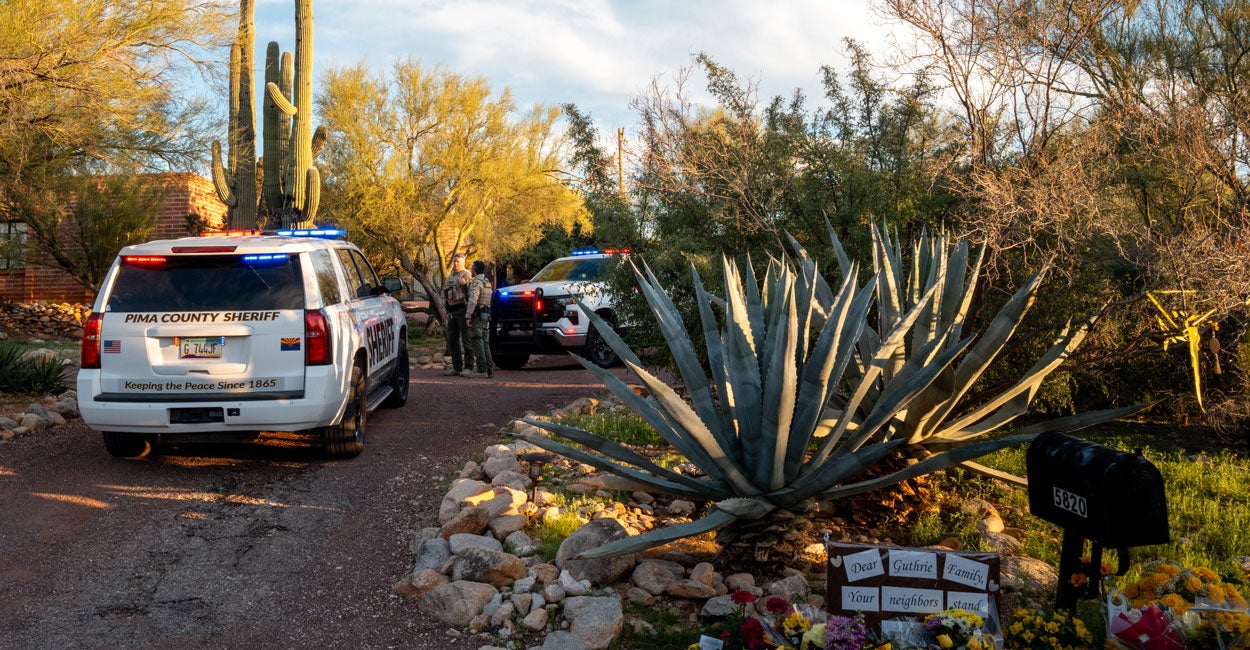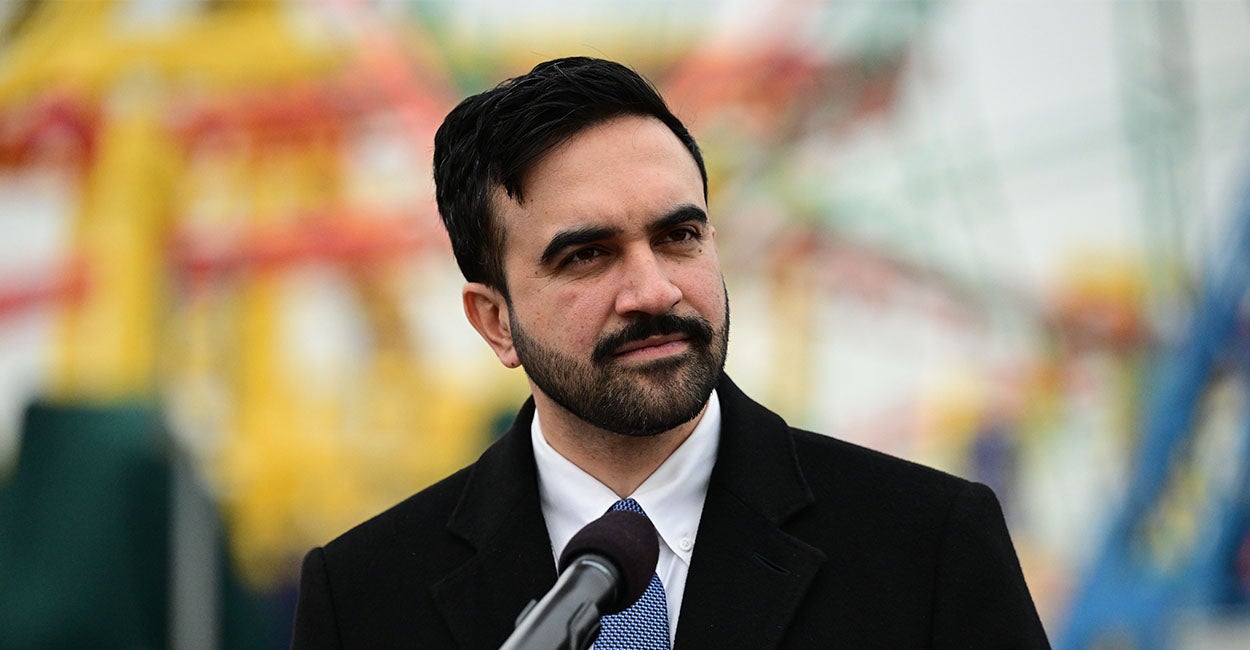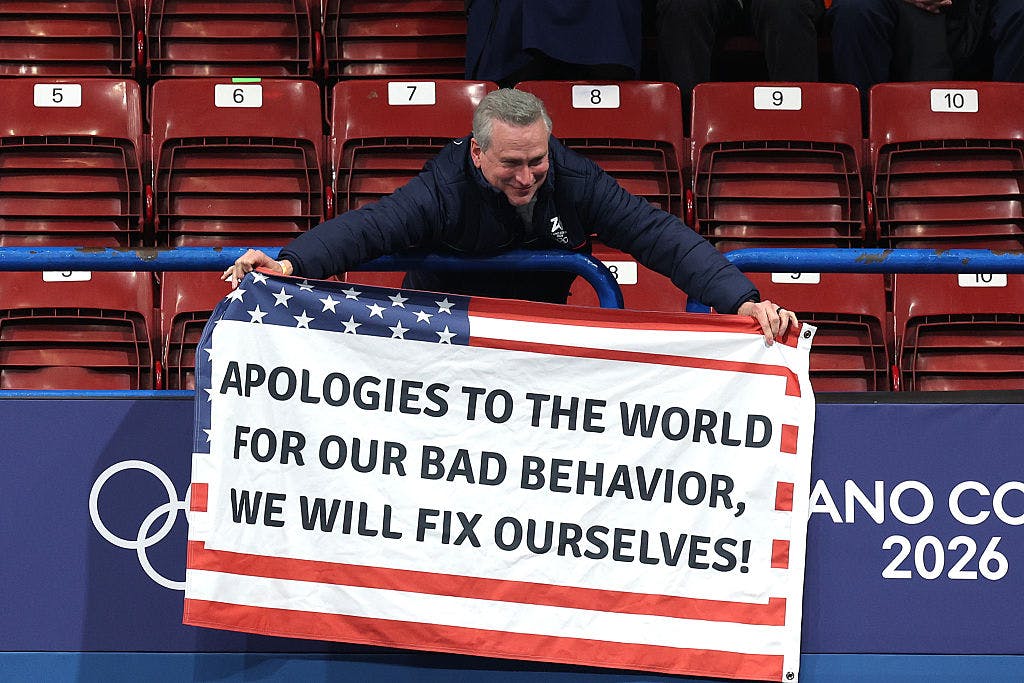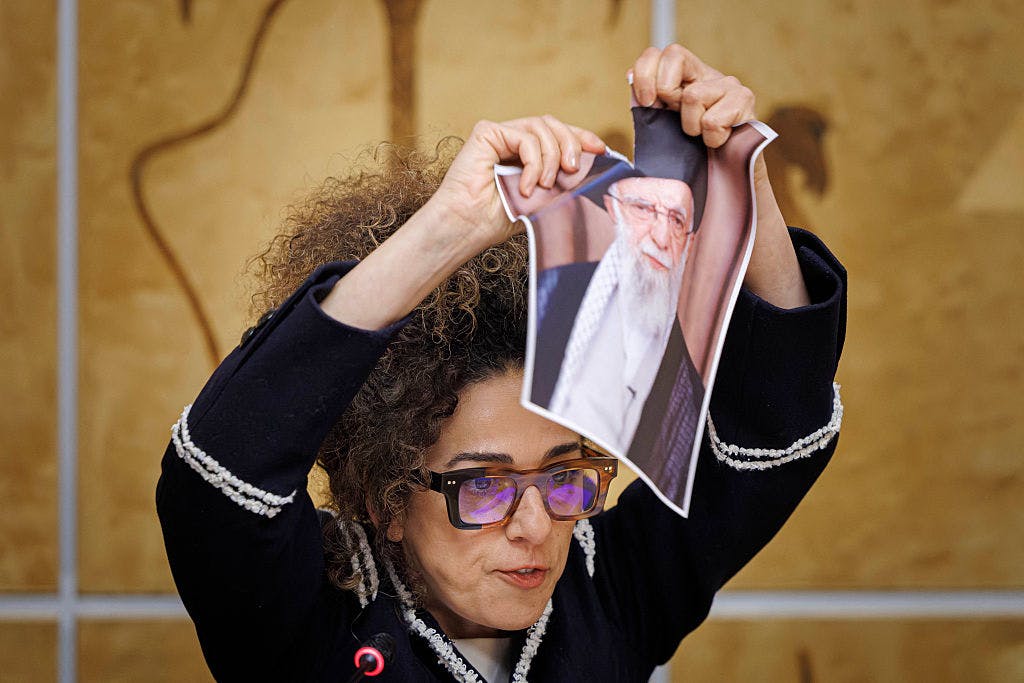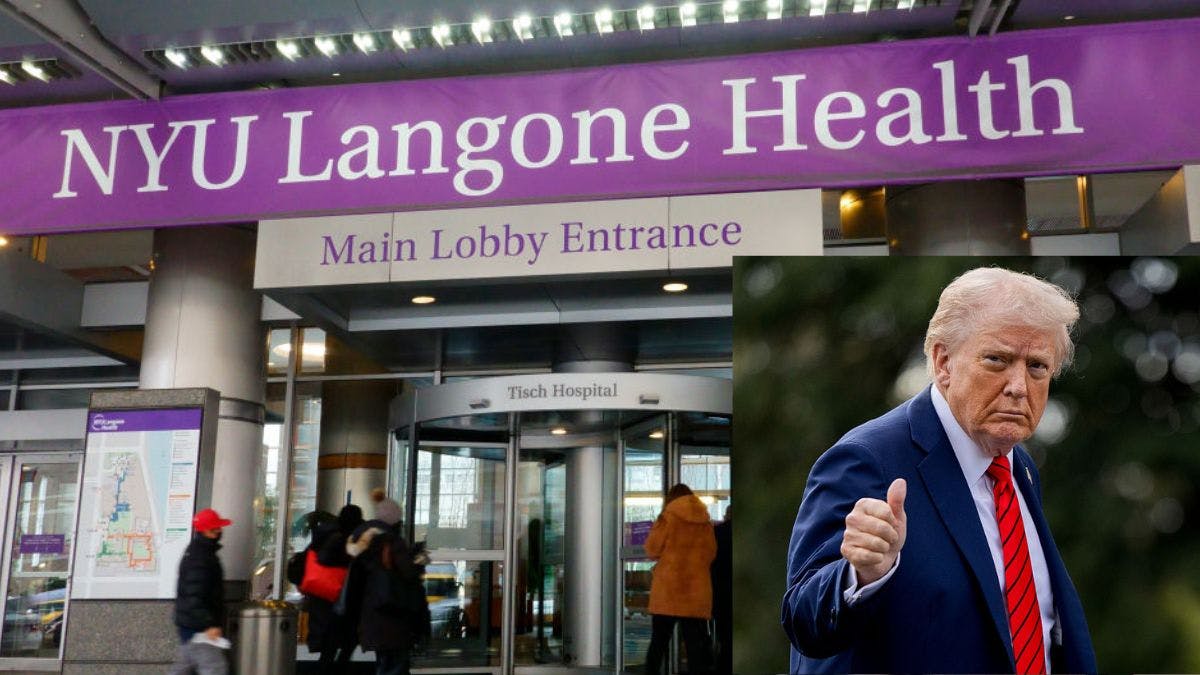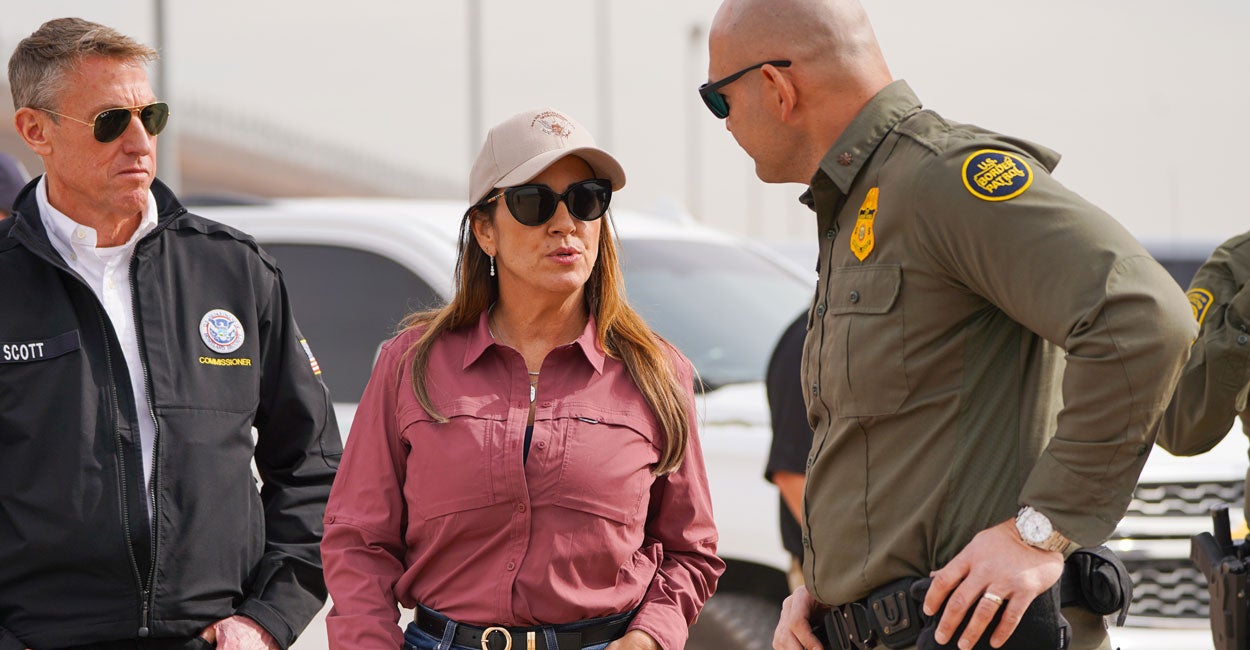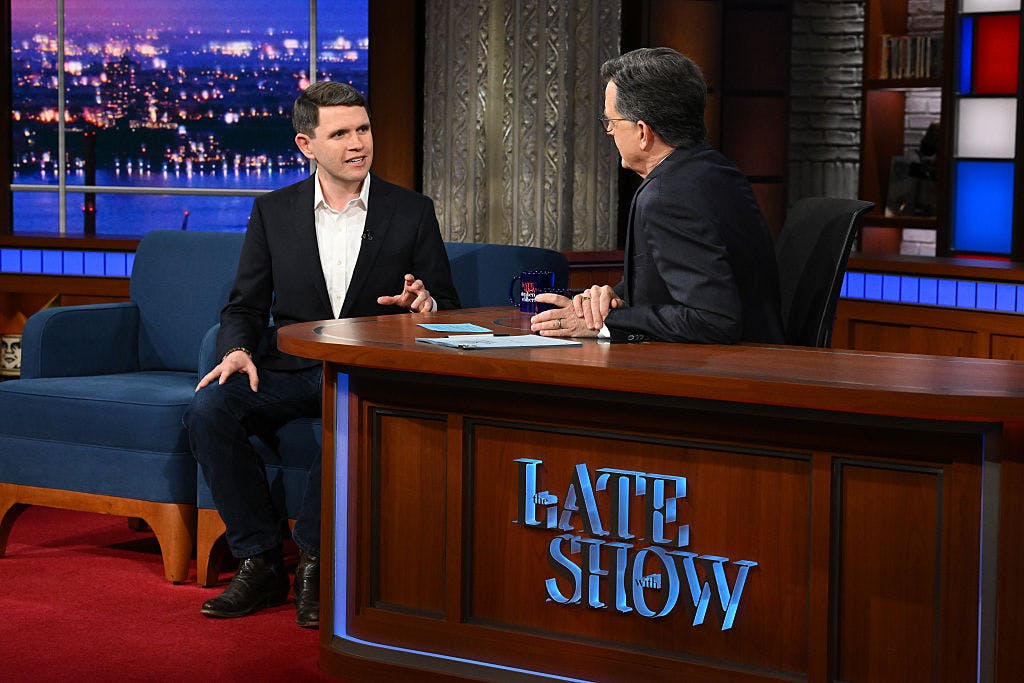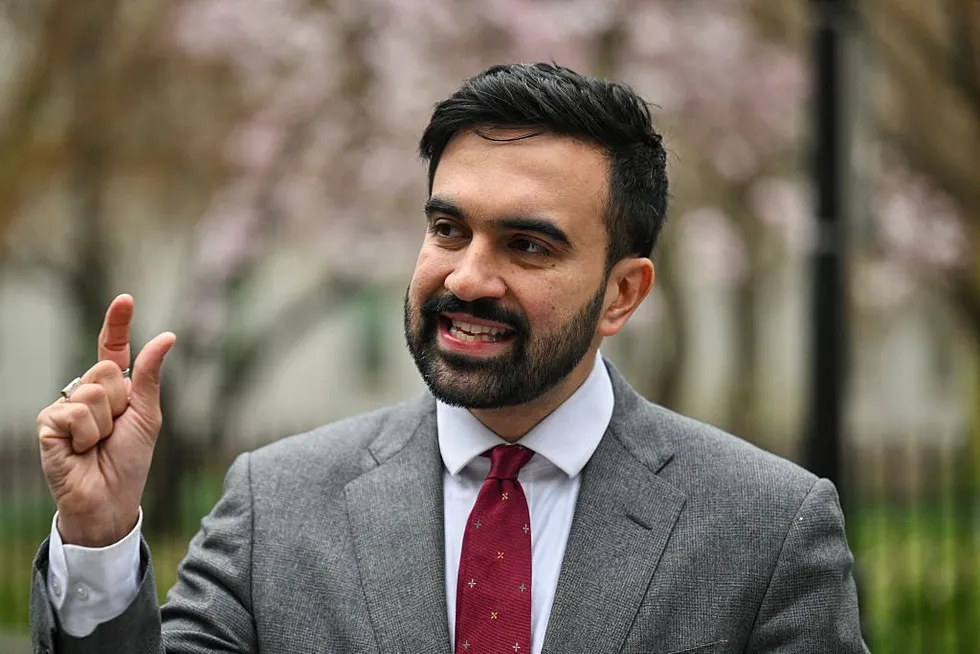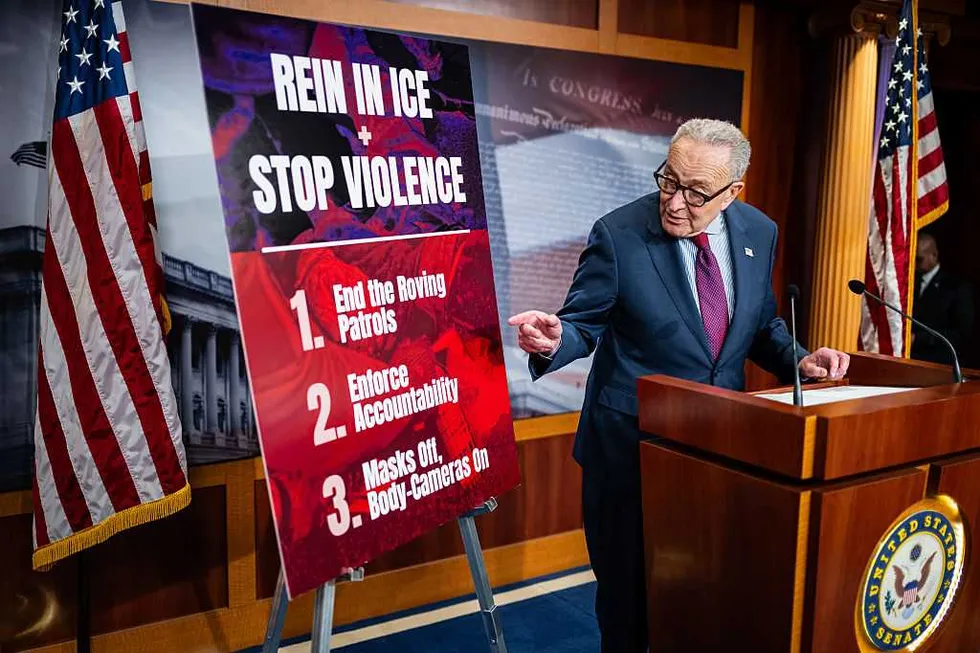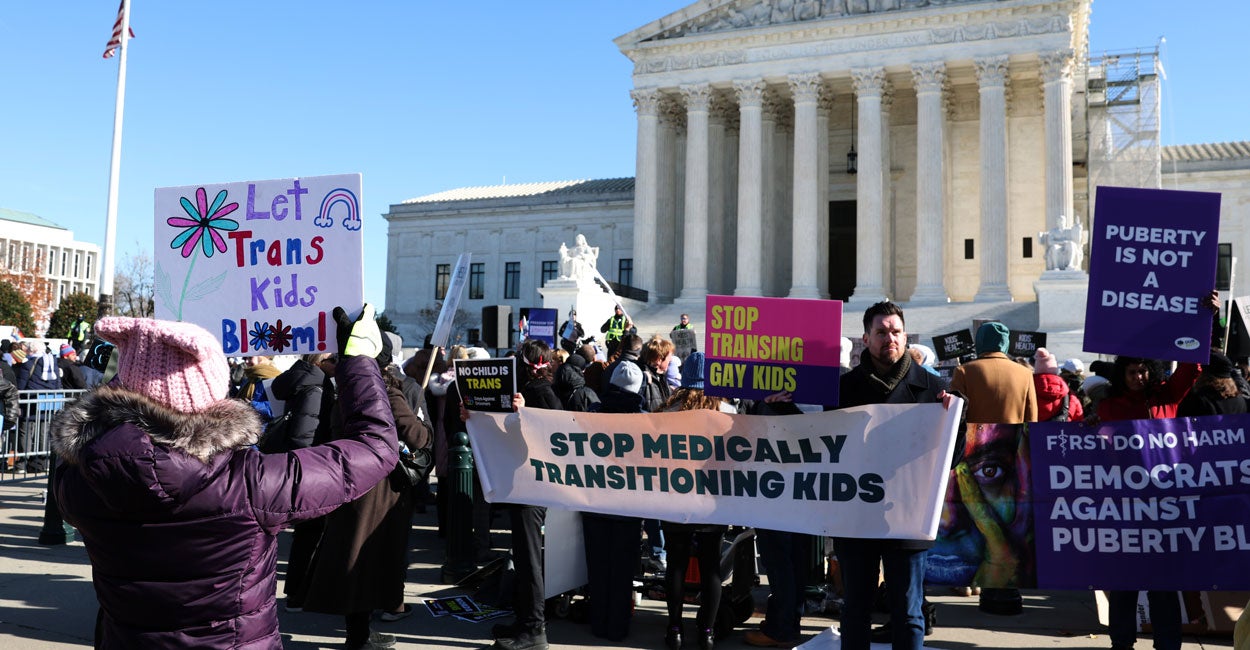Abraham Accords: Trump’s Tool for Peace in Middle East
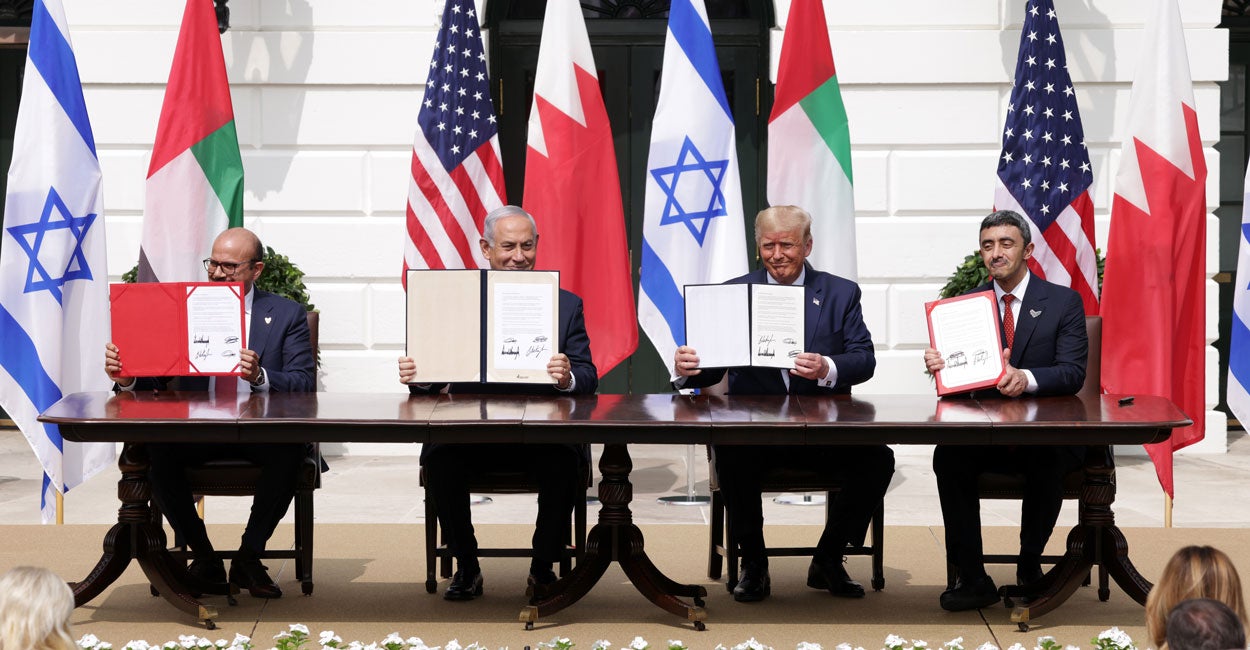
The Middle East is facing an opportunity for peace, President Donald Trump told world leaders in Israel and Egypt. One of the means to achieve that future, according to Trump, is through the Abraham Accords.
Live Your Best Retirement
Fun • Funds • Fitness • Freedom
“It’s my firm hope and dream, frankly, that together, the Abraham Accords will turn out to be everything that we thought they would,” Trump said before the Knesset, Israel’s parliament, on Monday as he urged additional nations to join the accords.
After giving his address in Israel, Trump flew to Egypt, where he signed a document alongside leaders from Egypt, Qatar, and Turkey, pledging a commitment to a permeant ceasefire between Israel and Hamas.
Following the initial ceasefire agreement between Hamas and Israel last week and the weakening of the Iranian regime earlier this year, Trump says there is now “no excuses” for additional Muslim nations not to join the accords.
“We don’t have a Gaza, and we don’t have Iran as an excuse. That was a good excuse, but we don’t have that anymore,” Trump said to leaders of about a two dozen nations at a “peace summit” in Egypt on Monday.
Jews, Christians, and Muslims all view Abraham as a significant figure in the history of their respective faiths, making Abraham an apt name for the agreement. The four Abraham Accords were brokered by the U.S. during the first Trump administration and normalized relations between Israel and Morocco, Bahrain, the United Arab Emirates, and Sudan, although the agreement with Sudan has been affected by the Sudanese civil war.
The accords aim to foster peace and normal trade relations between Israel and countries in the Middle East and North Africa.
“There is no doubt that the expansion of the Abraham Accords will occur in the near future. Both President Trump and [Israeli Prime Minister Benjamin] Netanyahu have made this a priority,” David Aaronson, a Heritage Foundation visiting fellow and former deputy director of the Abraham Accords Peace Institute, told The Daily Signal.
Ilan Berman, senior vice president of the American Foreign Policy Council in Washington, D.C., said there are several countries on the “short list” of those who should join the accords in the near future.
“Azerbaijan is one, because of its already-close ties to Israel, its growing partnership with the U.S., and its increasingly anti-Iranian and anti-Russian foreign policy,” Berman said. Additionally, Indonesia and Saudi Arabia would be two important and significant additions to the Abraham Accords, he said, a sentiment echoed by Asher Fredman, the former director for Israel at the Abraham Accords Peace Institute and a visiting fellow at The Heritage Foundation.
Saudi Arabia and Indonesia are best described as the “two biggest prizes” to add to the accords, Fredman told The Daily Signal.
While some might dispute the claim, Saudi Arabia is the “leader of the Muslim world,” Fredman said. The two most holy Muslim cities, Mecca and Medina, are located in Saudi Arabia.
Indonesia joining the Abraham Accords would be significant because it is a rising power in Asia and is the world’s most populous Muslim nation, he explained.
Having such “important countries” join the Abraham Accords would be a “fairly heavy lift,” he said, but could “lead to a whole host of other countries joining.”
Another strategy the U.S. could employ, which might be “a lighter lift,” Fredman said, would be asking nations to join that would benefit from deeper relations with the U.S. and Israel to further their own political, economic, or development needs. Among the countries with which discussions were held in the past about expanding ties with Israel are nations such as Mauritania, Comoros, and the Maldives.
In the immediate future, much attention in the Middle East remains on Israel and Gaza as Hamas continues to return to the remains of slain hostages amid negotiations for a permanent end to the war.
The post Abraham Accords: Trump’s Tool for Peace in Middle East appeared first on The Daily Signal.
Originally Published at Daily Wire, Daily Signal, or The Blaze
What's Your Reaction?
 Like
0
Like
0
 Dislike
0
Dislike
0
 Love
0
Love
0
 Funny
0
Funny
0
 Angry
0
Angry
0
 Sad
0
Sad
0
 Wow
0
Wow
0
